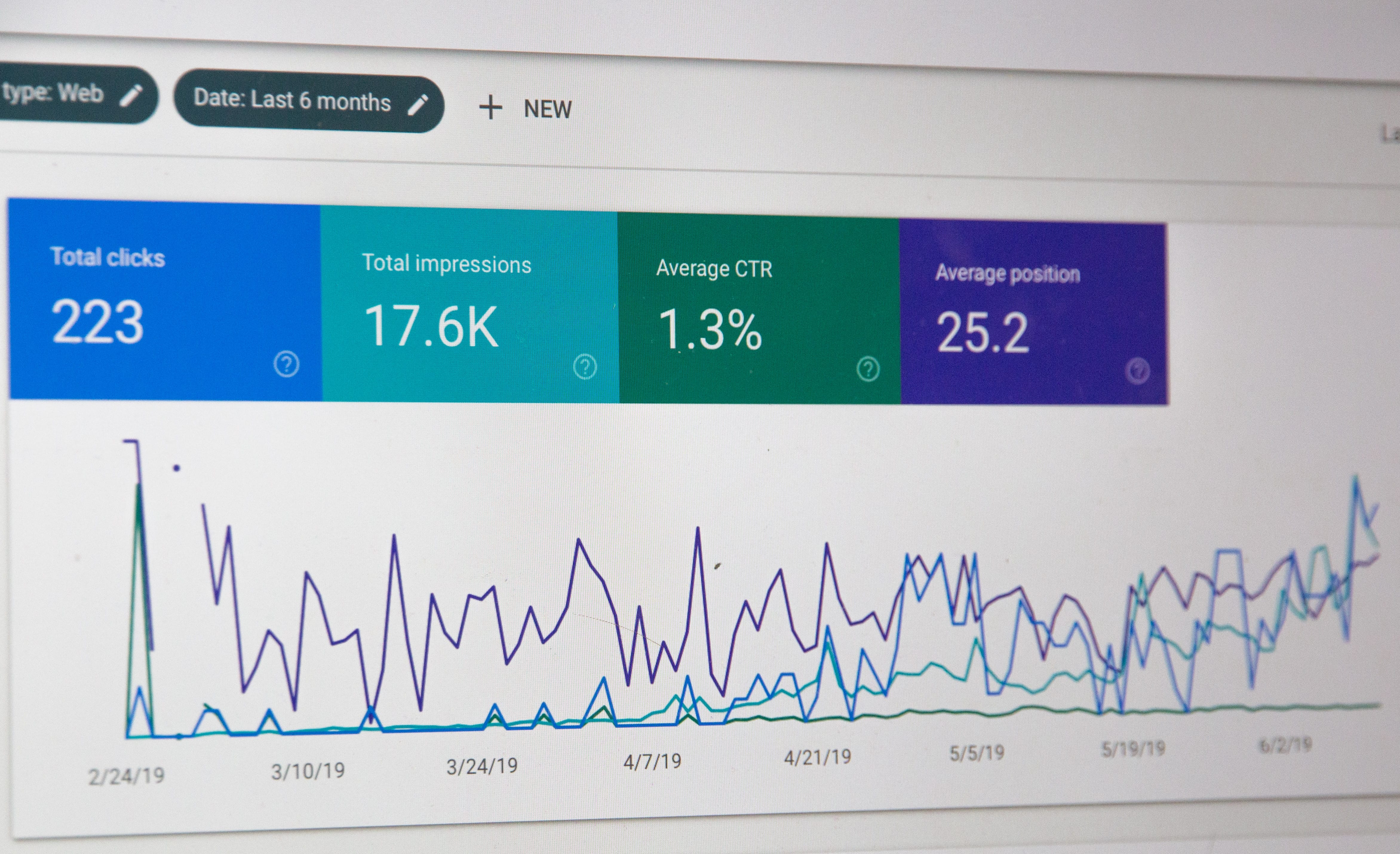Flipping sites isn’t easy, but if you can navigate the tricky terrain, you’ll find the profits are potentially enormous. Here are a few tips to get you started.
Just like people invest in houses, websites can be bought and sold like a business investment. If you’re looking for a side hustle or part-time career that is fully remote and can make you considerable profit, buying and selling websites is worth considering.
Of course, it’s not easy. Website flipping requires no small modicum of time and skill and work.
To flip a website successfully, you need to spot websites that aren’t being utilized properly, undervalued internet land that can be developed and optimized, with better UX (user experience), SEO, product or service marketing strategy, and so on.
Here are a few tips to get you started.
1. Know Your Limits
First, think about how much time and money you can invest. Don’t get in over your head. Buying and selling websites requires a fair investment, at least $10,000 to $20,000. You also need to be willing to put in the time to find a good site, improve the site, and find a good buyer/negotiate a deal. If you find a website that’s already passively making money, for example, maybe you don’t need to make that many changes. If you have a ton of capital, on the other hand, maybe you won’t need as much time, because you can hire people to improve the site for you.
Still, you’ll still want to identify areas for improvement yourself and have your team implement the changes under your supervision to increase the return on investment you get from a sale further on down the line.
2. Find Websites to Buy
When identifying sites worth buying, consider a few key performance indicators. You want to know how much the site makes and you want to know how regular the earnings are (seasonal earnings, for example, should be taken into account). You also want to know if the income is passive or active (is it ad-based, is it coming from affiliate sales, etc.).
Of course, it’s important to think about the upside potential. Does it have upside potential? Consider if you can identify ways to maximize your site’s traffic, expand the revenue sources, and improve the existing content and design.
Expect to pay a multiple of the monthly income the site brings in right now when you purchase. The current owner is giving up future earnings, so the price has to be worth it. On average, you can expect to pay around 20x the currently monthly income during a sale, and perhaps more if the site has high growth potential.
However, if you’re willing to take on more risk and do more work, some sites won’t hurt your wallet as much. If a website is newer and doesn’t have the staying power of a long-term site, you can find a cheap price if you’re shrewd.
3. Check the Right Niches
When you’re trying to find sites to buy, you need to choose the right niche. Don’t choose sites based on passing trends, but choose things that are based on a stable or growing market need. Look for sites that feature evergreen content, which means content that will remain useful and popular over the long-term.

Here are some examples of evergreen content niches
- Health and Wellness
- Finances
- Sports
- Personal Growth
- Food
- Education
- Relationships
- Current Events
- Political Commentary
Don’t simply think about large niches. Think small. Think direct. Consider sub-topics, such as fitness for people in their 50s and older. Specialized niches are more useful and relevant to a subset of consumers. They also have less competition than websites which cover broad topics. This means that over time you’ll find a much more loyal readership, even if the demographic market you’re appealing to is smaller.
4. Improve Your Website
Once you’ve purchased the site and it’s been transferred to your name, well, you got to work to make that puppy a little more valuable. Grow your monthly profit as high as possible, so when you’re ready to sell you can make a massive profit. Some ways to do this include:
- Improving SEO and Content Strategy (this allows you to rank for more keywords and improve overall traffic)
- Affiliate Sales
- Email Campaigns
- Social Media
- Paid Advertising
In general, you want to diversify your traffic as much as possible, and grow it too, of course. Remove yourself from the equation as much as possible as well. If your site takes less time to run and maintain, it will be infinitely more valuable to any potential buyer.
5. Evaluate Your Site’s Worth
Once you’ve spent some time building up the website’s value, it’s time to get a reward for your work. Do some math and figure out what your website is worth based on your monthly revenue. Also be sure to take into account:
- Traffic Levels
- Overall Revenue (we touched on that above)
- Diversity of Revenue Streams
- Email List Size
- Social Media Following
- Work Required to Keep Your Site at the Current Level of Profitability
- Domain Name Value
If you’re happy with the number, well, then maybe it’s time to sell and get some cash!
6. Find a Buyer
There are a few ways you can do this, but the two that make the most sense and are the simplest are to either use a website marketplace OR hire a broker. Website marketplaces like Flippa are great options for listing your website. The benefits of this approach are that you’re letting buyers come to you, rather than having to do the work of finding them. You also pay way less fees, if any, when using a website marketplace as opposed to a broker.
However, if you’re relatively new to selling websites or that has a website you think could potentially be worth a TON OF MONEY, then hiring a broker might be a better approach. A broker will have access to a massive network of contacts. They can find the right buyers and help you negotiate a good deal. If your website is going to sell for a massive profit the broker’s fee probably won’t be much compared to the gains you could make, and if you’re a newbie website investor, you don’t want to get taken advantage of. A broker will help you there.
If you like the idea of hiring a broker, some of the website marketplaces also offer website brokering as a service.
7. Make a Sale
Once you’ve found a buyer, start doing business. Agree on a price, and work out the terms of the sale. If you hired a broker, they’ll help with all of these negotiations and get all the proper paperwork. If not, you may want to hire a lawyer to make sure you do everything right here.
When accepting payment, ALWAYS use an escrow service. That way you’ll be protected from scammers and also give the seller confidence that you’re not a scammer, either. Most marketplaces have built-in escrow services, but if you’re selling the site on your own just use a third-party service. There are plenty out there.
Of course, at this point you’ll also have to transfer everything over, and your site’s new owner will need access to the web hosting account, the domain name, and any CMS you use. In addition, all assets which make up the website will need to be moved into their name before the transfer is complete.


Join the conversation!